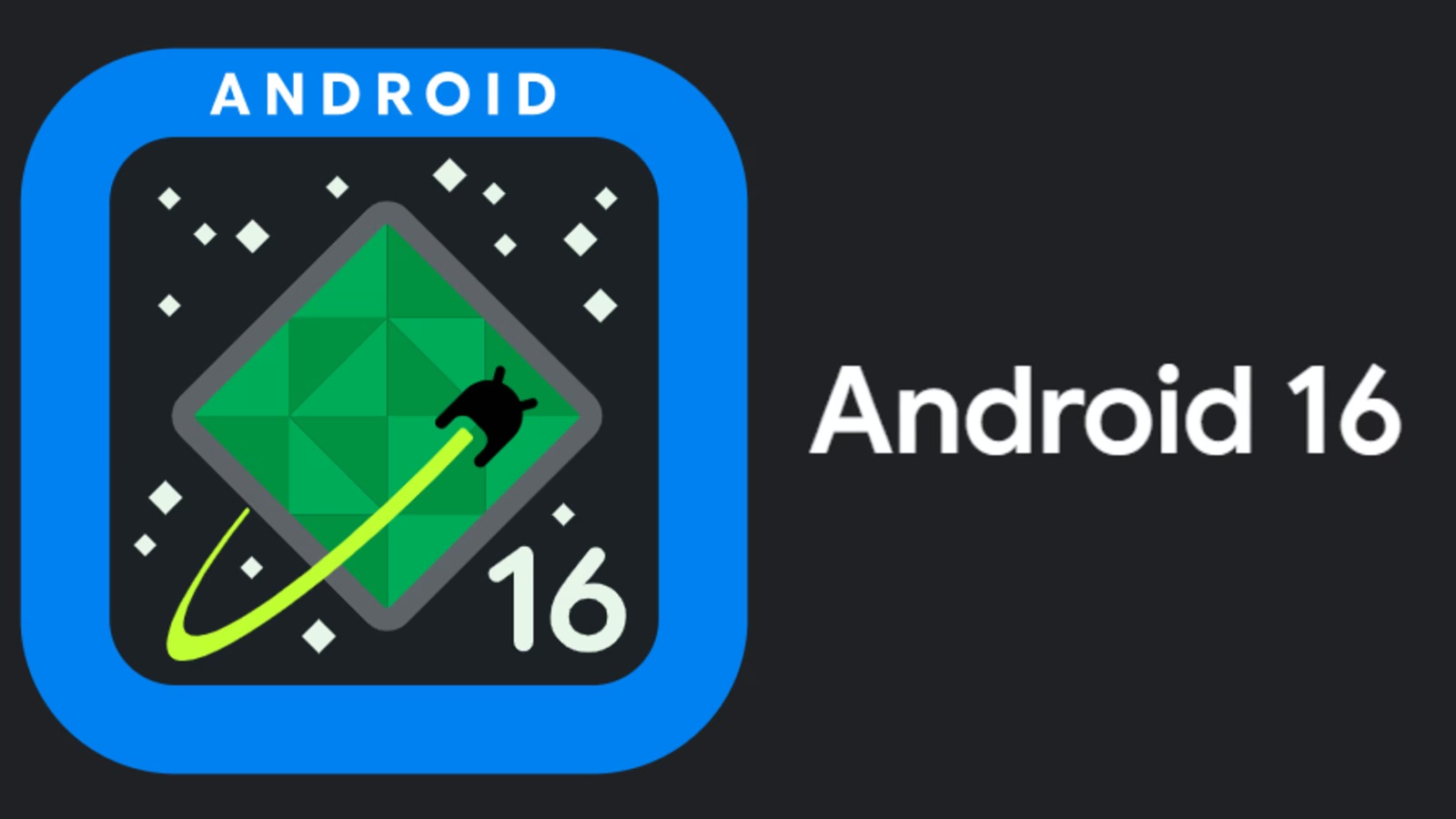One of the biggest problems in the world is language barriers. The tech industry has made this a bit better with tools like Google Translate and all but it is still not perfect.
There are some use cases where using the local dialect for an app could be beneficial. Google has their Maps platform which has turn by turn navigation. They use ‘local’ voices for maps so that locals can identity with the service much better.
This is what Google is doing in Nigeria, but in this case, they are doing it in a cool way. Google added navigation instructions in a ‘Nigerian voice’ for both car and motorcycle modes so that local names and places get pronounces as they should be.
This was led by a linguist, Kola Tubosun who led the Nigerian team that developed the voice for Google. The whole development process posed some challenges. First was coming up with a voice that is representative of how Nigerians speak. Nigeria has over 180 million people who speak over 200 different local languages with double the dialects.
They settled on ‘phonetic parameters’ that commonly apply to Nigerian English. Once they settled on guidelines and local pronunciations, they recruited someone to record the text. They then used machine learning to create a synthesis that used the team’s guidelines and the voice recorded. This was then used to create an unlimited amount of speech created by computing as Google updates the app with local addresses.
This is actually pretty cool and this ‘Nigerian English’ has been extended beyond Maps to other apps like Google Go, Google Lens and a new educational reading app for children called Bolo.





























